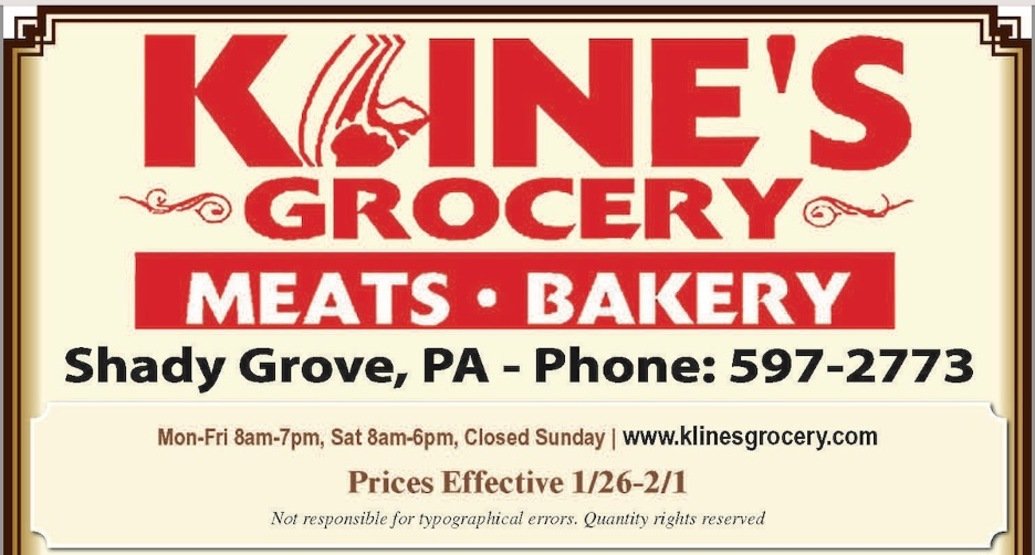Editor’s note: Holly Bertone, a certified holistic health coach based in Chambersburg, is offering readers an eight-part series with tips on avoiding holiday overeating. After the series, she’ll offer a weekly set of health pointers.
The holidays can bring joy and excitement, but they can also leave many of us feeling overwhelmed. Between work deadlines, family gatherings and endless to-do lists, it’s no surprise that stress often leads us to snack. For many, grabbing a quick bite feels like a comforting way to manage the chaos, but stress eating can create patterns that leave us feeling worse instead of better.
Why stress leads to snacking
Stress isn’t just an emotional response; it’s a full-body reaction. When we’re overwhelmed, our bodies release cortisol, a hormone that helps us respond to challenging situations. However, cortisol also triggers cravings for high-calorie, sugary, processed and carb-heavy foods. This response, rooted in human survival, was helpful when food scarcity was a real threat. Today, it often leads to unnecessary eating during moments of stress.
What makes stress eating even more complicated is how the brain reacts. When we think about eating a favorite snack, like cheese and crackers, our brain releases dopamine. This is the chemical that creates a feeling of reward. What you may not know is that the dopamine surge actually happens before we even take a bite. Dopamine is about the anticipation – it’s not about the actual food. Once we start eating, the comfort fades quickly, but the desire to recreate that initial pleasure can lead to overeating.
The consequences of stress snacking
While grabbing a snack might seem harmless, it can lead to a cycle of frustration. The brief comfort from food doesn’t address the actual stress, and overeating often leaves people feeling guilty or out of control. If this becomes a habit, it can result in weight gain and lower energy levels, making the stress feel even harder to manage.
Understanding the bigger picture
It’s important to know that stress eating isn’t a failure of willpower—it’s a natural response. Our brains and bodies are hard-wired to seek comfort, especially during busy or emotional times. This is particularly true during the holidays when added responsibilities, social obligations and family dynamics increase stress levels.
A new approach to stress
Breaking the cycle of stress snacking starts with awareness. Recognizing that your craving might be linked to stress – not hunger – is the first step to regaining control. Research suggests that taking just 90 seconds to pause and reflect when a craving hits can help reduce the urge to eat.
During this pause, ask yourself, “What does my body need right now?” Sometimes, the answer isn’t food. You might just need a moment to breathe, stretch or simply rest. By creating space to acknowledge stress without judgment, you can start replacing automatic reactions with intentional choices.
The path forward
The holidays don’t have to be a season of stress and overindulgence. By understanding why stress eating happens and practicing small steps to interrupt the cycle, you can navigate this busy time with confidence. Remember, the key isn’t perfection; it’s progress. Every time you pause and choose intentionally, you’re breaking the hold stress has on your habits.
This holiday season, give yourself the gift of awareness. Small changes in how you respond to stress can make a big difference in how you feel – both in the moment and long after the holidays are over.



























